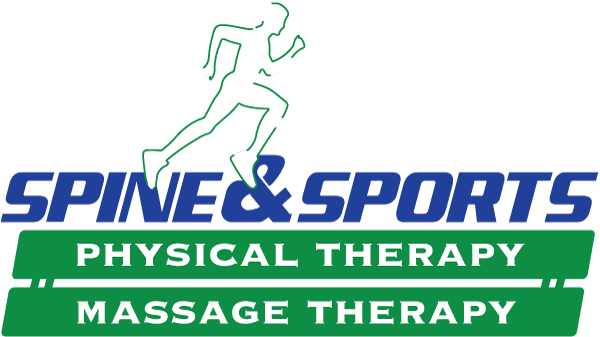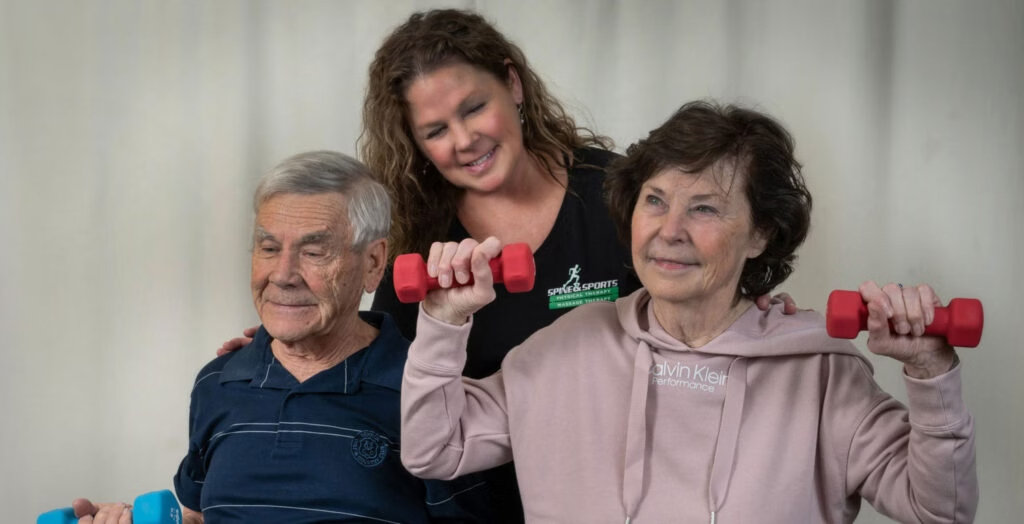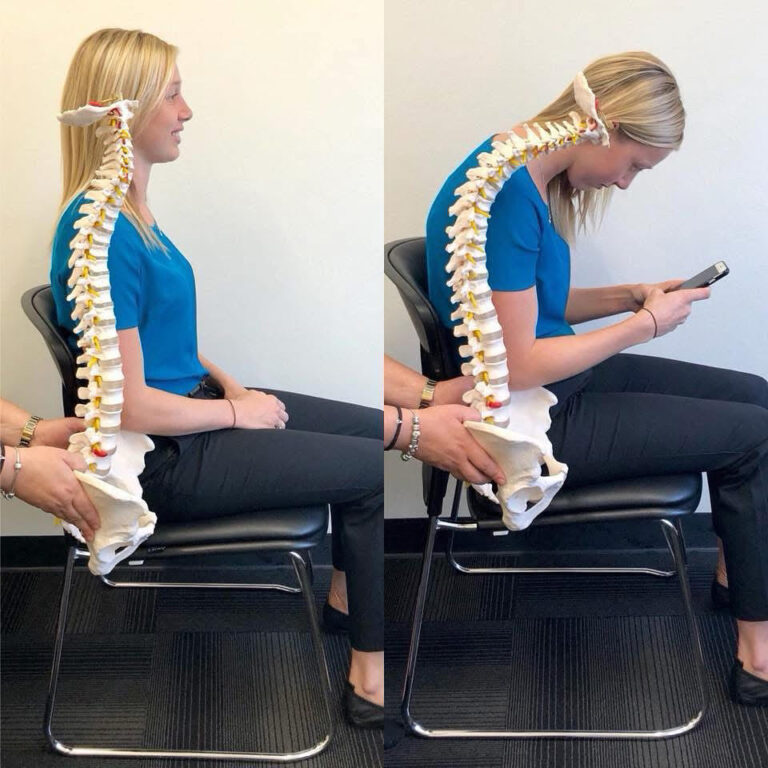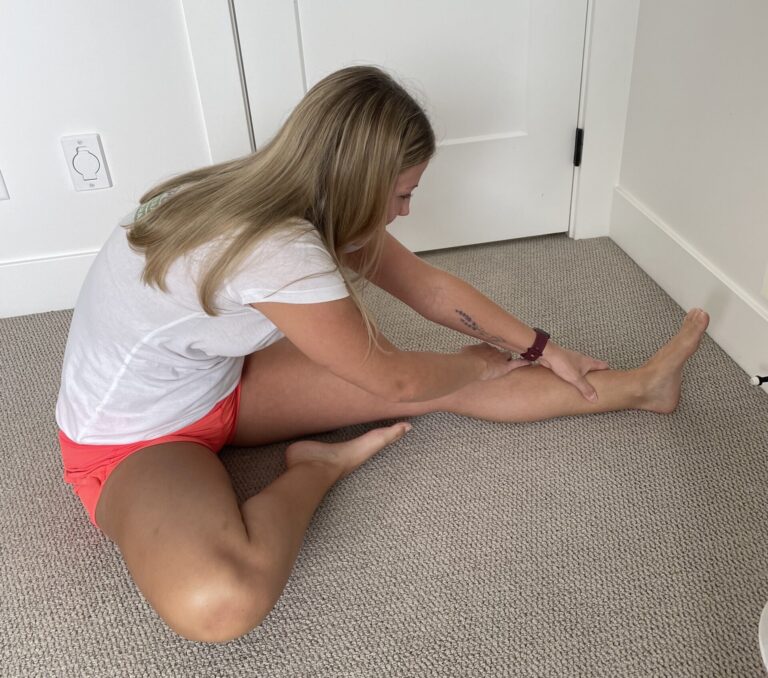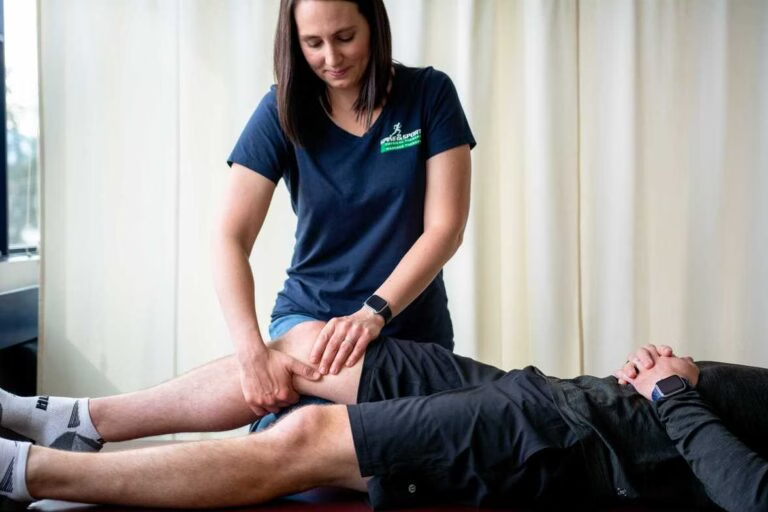If you or someone you know is preparing for an upcoming surgery, the information you are about to read will be very useful. Most individuals are familiar with the thought of rehabilitation after surgery, but the idea of pre-surgical rehabilitation is gaining recognition. There is often a period of waiting involved prior to any surgery. This time is valuable and it can be utilized to prepare the body for surgery and facilitate a better outcome after the surgical intervention. When muscles, bones and joints are in optimum condition before the procedure, the impact of the inevitable muscle loss and joint stiffness is minimized post operatively. Essentially, the stronger a person is going into surgery, the better the chances of an easier and faster recovery after the surgery. Individuals who participate in a pre-surgical rehabilitation program tend to regain function and return to their daily lives faster than individuals who do not participate in pre-surgical rehabilitation. Traditionally, a physiotherapist helps with post-surgical rehabilitation, but you may be surprised to learn that the therapist can also be your biggest ally during the “pre-hab” process.
Pre-Surgical Rehabilitation 101:
It is common for the region that is about to be operated on to be inflamed and weak. With a carefully planned exercise routine, a physiotherapist can help reduce inflammation and improve blood circulation to the affected area. This improves mobility and helps with pain relief. This also helps promote correct movement patterns and minimize compensatory movements like leaning and uneven weight bearing. Improving health and fitness, and being in optimal physical health can go a long way towards the facilitation of post-operative recovery.
These are some simple guidelines to follow with a pre-surgical rehabilitation program:
- Start the program at least six weeks prior to the surgery.
- Start slowly. This is not the time to aggravate an existing issue or trigger a new one.
- If you are physically fit, consider increasing your intensity, frequency or duration as long as it doesn’t interfere with your current injury.
- Yoga is an excellent way to prepare both the mind and body for surgery. The combination of relaxation and soothing movements can be beneficial before and after surgery.
One of the requirements for post-surgical discharge is that a patient is able to complete certain activities. Your physiotherapist will collaborate with the surgeon to design your goals and establish benchmarks for recovery. For example, you may be expected to walk a certain number of steps or climb stairs before you are allowed to go home. Once this pre-requisite is met, you can start a home exercise program. Patients who are physically prepared for surgery can leave the hospital sooner and are likely to suffer fewer complications.
Physiotherapy and “pre-hab”:
A consultation with your physiotherapist will involve an evaluation to determine:
- Muscle and joint strength
- Ability to move and perform day-to-day tasks (climbing stairs, getting in and out of bed)
- Degree of assistance required from friends and family members
By working with a physiotherapist prior to surgery and creating a pre-surgery rehabilitation plan, you will create a strong foundation for rapid recovery. Similar to the post-surgical collaboration, you can expect your therapist to work closely with your doctors to facilitate recovery even before you have surgery. The therapist will help you familiarize yourself with walking aides and other supportive devices like crutches, walkers or canes should they be needed. You will discover the importance of breathing, proper techniques and range of motion of important exercises that you’ll be doing after the surgery. This will reduce the stress and apprehension associated with discharge and facilitate independence.
If you or someone you know is considering surgery, schedule a consultation with us. “Pre-hab” is a great way to speed up rehab and we are here to help you every step of the way.
